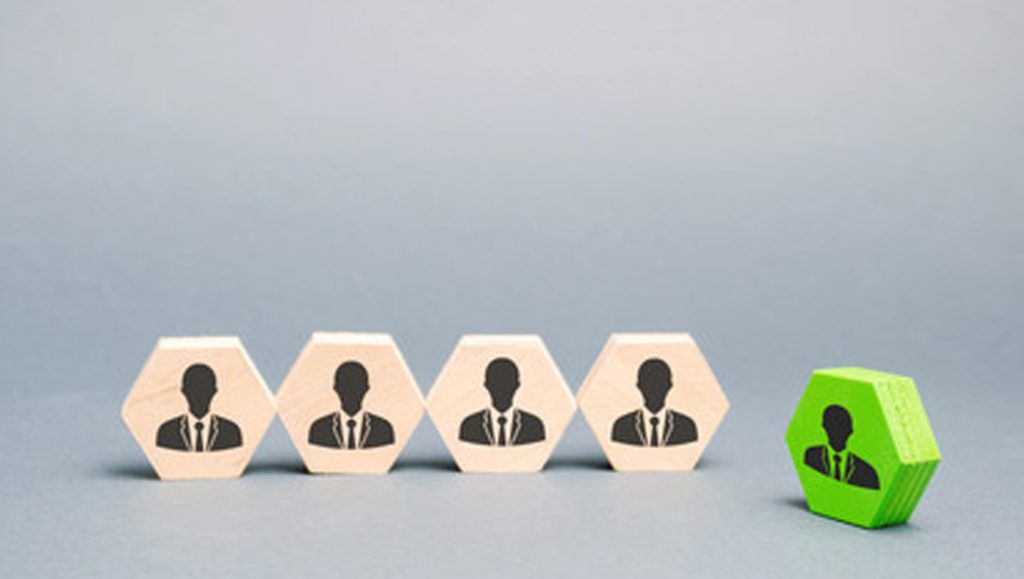New research from Clicktale highlights the emotional impact of shopping in-store and online
A fifth of US consumers (21%) find that going shopping makes them feel stressed, while more than 1 in 10 experience high-stress levels while buying online. That’s according to a new Stress Shopping report from experience analytics firm Clicktale, which examines the role of emotions in shaping consumer experiences both online and in-store.
Most Shoppers Are Too Stressed to a Point of Losing Their Temper During Online Shopping
Clicktale surveyed 2091 consumers, with 991 from the US and 1057 from the UK, with data collected from a combination of online and phone surveys.
The report, which incorporates analysis from Clicktale psychologists, retail experts and a survey of over 2000 US and UK consumers, found that – despite finding offline shopping the most stressful experience – many consumers still feel high levels of stress when navigating e-commerce websites and apps. While 12% feel stressed when buying online, 15% go as far as to say they have ‘lost their temper’ when shopping online or on a mobile app.
Clicktale’s research also reveals that these stress levels rise as shoppers navigate through the customer journey, reaching a peak during the checkout process. In reporting their most stressful digital shopping experiences, 88% of shoppers feel stressed when a voucher code fails at the checkout, while 75% get agitated when mobile apps freeze at the point of payment. 83% are also stressed by slow loading times online.
Experience Analytics is Key to Removing Stress During Online Shopping
Commenting on the new research, Geoff Galat, CMO at Clicktale said, “Despite a growing focus on customer experience across the retail industry, it’s a shame to see so many consumers frustrated and stressed out by online shopping experiences. It’s long been assumed that, because consumers are able to shop from the comfort of their homes, the stressful elements of the shopping experience have been removed. Clearly, this isn’t the case.”
Geoff added, “To overcome this fact, brands need to think much more carefully about the role of customer emotions throughout the shopping experience. By using experience analytics to examine mouse-movements, taps, swipes, and ‘rage clicks’, brands can understand where the frustration occurs and where the path to purchase is being disrupted. Even seemingly insignificant stimuli can have a strong impact on customer emotions, especially when it comes to irritation over poor page layouts and slow search speeds. While previously overlooked by brands, these seemingly minor stressors can significantly impact the customer experience, digital conversion rates and, ultimately, the business’ bottom line.”
Innovation in Customer Experience Begins with Real Customer Journey
Commenting on Clicktale’s research, Brian Solis, Principal Analyst at Altimeter Group said, “In an era when consumers are connected and over-informed, decision making can be difficult and tiring. Brands don’t make it easy for people either. Innovation in customer experience begins when companies explore the real customer journey to then reimagine touchpoints and click paths for modern behaviors, preferences, and expectations. The goal is to help people quickly find relevant information on the channels and devices and in the ways they make decisions. In this research, Clicktale reveals how customers want to experience brands and also the importance of designing seamless, intuitive and joyful journeys.”
Currently, Clicktale taps into the wisdom and behavior of millions of visitors so that businesses can deliver the best digital experiences to drive amazing business results. Complex behavioral patterns are synthesized based on millisecond-level actions such as hovers and scrolls, enabling businesses to interpret their customers’ digital body language and understand the intent.




















